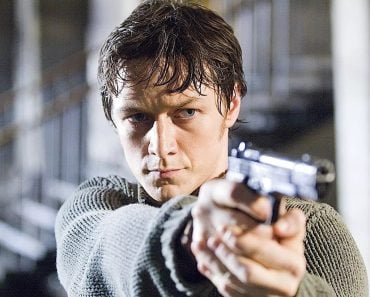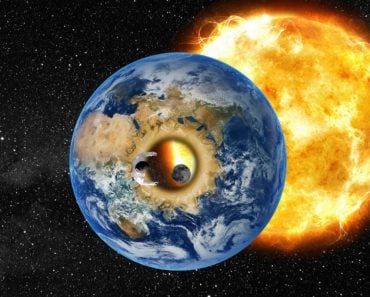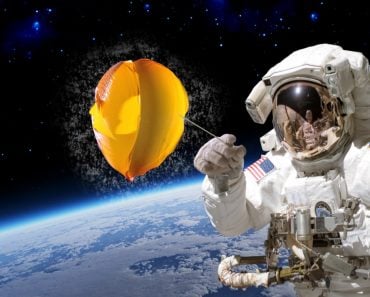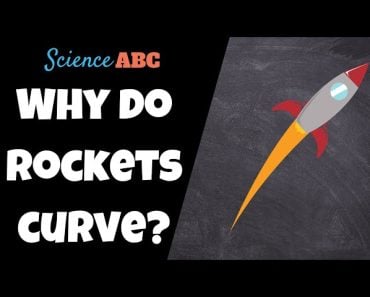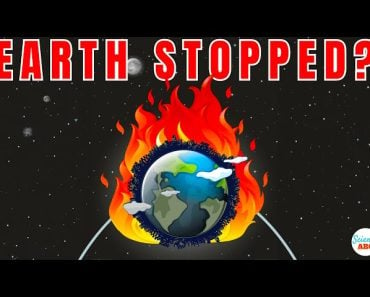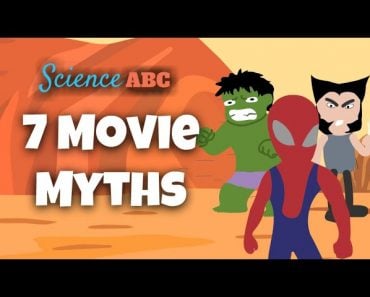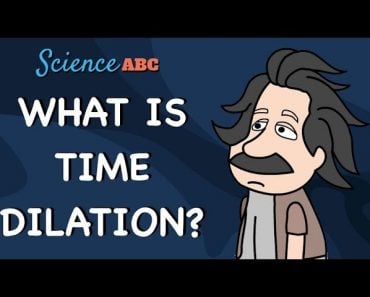Table of Contents (click to expand)
Shooting a bullet in space would be very different than shooting a bullet on Earth. First of all, there would be no sound of the gunshot since there is no sound in space. Secondly, the bullet would not experience any recoil since there is no force of gravity in space. Thirdly, the bullet could potentially come back and hit the person who shot it if the conditions were perfect. Finally, the bullet would keep traveling forever unless it hit something that stopped it.
Action movies, particularly during the adrenaline-pumping chase sequences, the action packed excursions, or daredevil stunts, all seem somewhat incomplete without a gun, or rather… a bullet.
In fact, due to the popularity and power of a bullet in flight, there have been many movies and shows that demonstrate the movement of a bullet fired from a gun, in ultra slow motion, so that viewers can trace the path of a bullet as soon as it leaves the muzzle to when it finally strikes its intended target.
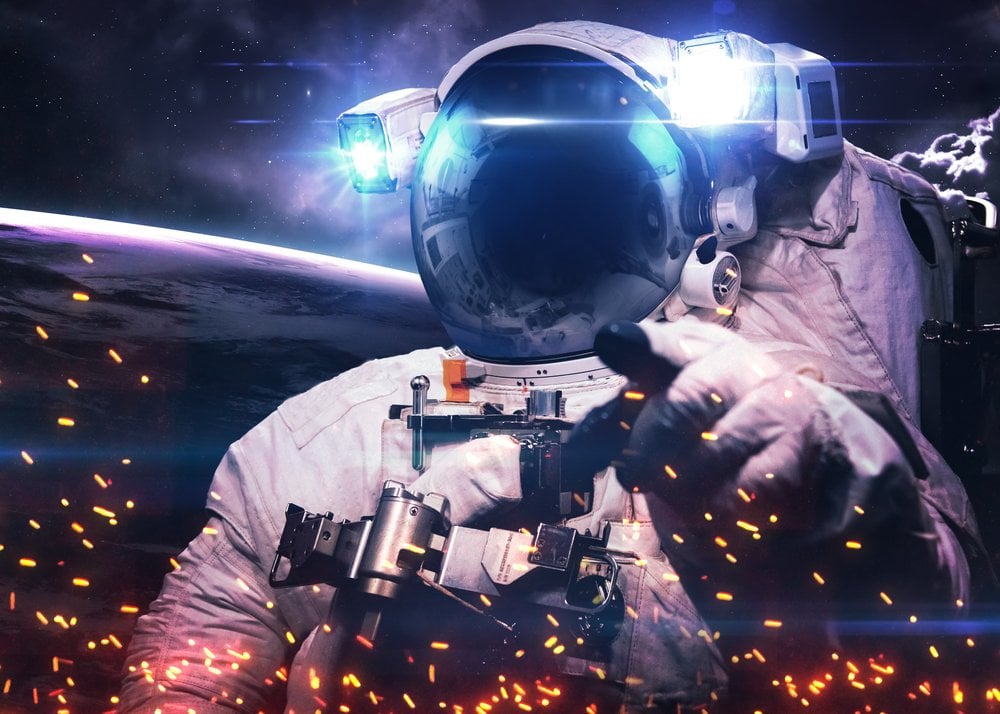
This fascination with bullets has made people shoot everything from weather balloons and fruit to pieces of wood and panels of glass, but many curious minds have also wondered something else: What would it be like to shoot a bullet in space?
Recommended Video for you:
Pull The Trigger
Firing a bullet is not much different in space than it is on Earth. The process of shooting, at least, is exactly the same. However, it is the journey of the bullet that is dramatically different.
First of all, when anyone fires a gun on Earth, the obvious thing one expects is to hear the boom of the gunshot, i.e., the sound of the bullet leaving the muzzle of the gun. However, since there is no sound in space (as sound waves cannot travel in a vacuum), you wouldn’t hear the blast of gunshot.
So, the first major difference is the built-in silencer for the gun. No sound of the gunshot.
Mr. Newton At Work
Now, for the more interesting phenomenon… When you are on Earth and fire a bullet (say using a rifle), there is a recoil from the gun. This is due to Newton’s third law of motion: for every action, there is an equal and opposite reaction. Therefore, when you fire the bullet and it goes forward, it exerts a force of the same magnitude in the opposite direction of its motion, namely backwards. This is why you feel a sudden and violent force pushing back on your shoulder when you fire (those who are not used to this kickback can often get injured).
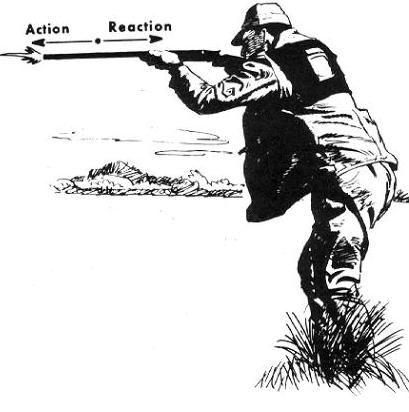 Even after being impacted by such a strong force, your feet stay on the ground thanks to the force of gravity. The gravitational pull of Earth keeps you standing upright on the ground, preventing you from flying backwards in the opposite direction of the bullet. However, since there is no force of gravity to hold you in place in space, what would happen?
Even after being impacted by such a strong force, your feet stay on the ground thanks to the force of gravity. The gravitational pull of Earth keeps you standing upright on the ground, preventing you from flying backwards in the opposite direction of the bullet. However, since there is no force of gravity to hold you in place in space, what would happen?
Yes, you’d begin flying in the opposite direction of the bullet’s motion. Does that sound like a good idea to you?
Dear Back, Be Careful!
The common phrase, ‘I’ve got your back’ takes on a special meaning in space.
When fired at a perfect horizontal alignment with the orbit of a planet, the bullet you fire can travel forward, be caught in the orbital swing, and then come around to hit the shooter in the back of his body.

It seems pretty unbelievable, but if the conditions are perfect, firing a gun might not be healthiest idea for the shooter. This seemingly one-in-a-million chance is because objects in the orbit of a planet experience a weak gravitational force exerted by the planet; therefore, they may be in a state of constant motion and ultimately hit the shooter after completing one revolution around the planet.
Although the conditions would have to be accurate to an insanely high degree for this to happen, it is certainly not impossible. However, I ‘m sure that the person firing the bullet wouldn’t try to make the conditions that perfect.
Distance Traveled By The Bullet
Although the speed of the bullet would be relatively the same as its speed on Earth, the distance it travels would be very, very different.
On Earth, you could expect a bullet to travel a few miles before falling to the ground, because the force of gravity from the Earth is acting on it, pulling it down to the ground and robbing it of its much-needed energy to continue flying. In space, however, you can expect the bullet to go on and on, possibly forever, since there is no strong force acting to pull it down or slow it down. The vacuum of space also doesn’t have friction to slow the speed or alter the course of the bullet. Finally, since the universe is expanding at a rapid rate, the bullet would keep traveling for an infinite amount of time unless it hits something that slows it down or stops it.
Overall, shooting a bullet in space is something that someone out there should definitely try (if possible, obviously). I would imagine that watching the bullet you just fired flying into the infinite abyss of darkness must be quite a sight to behold!


